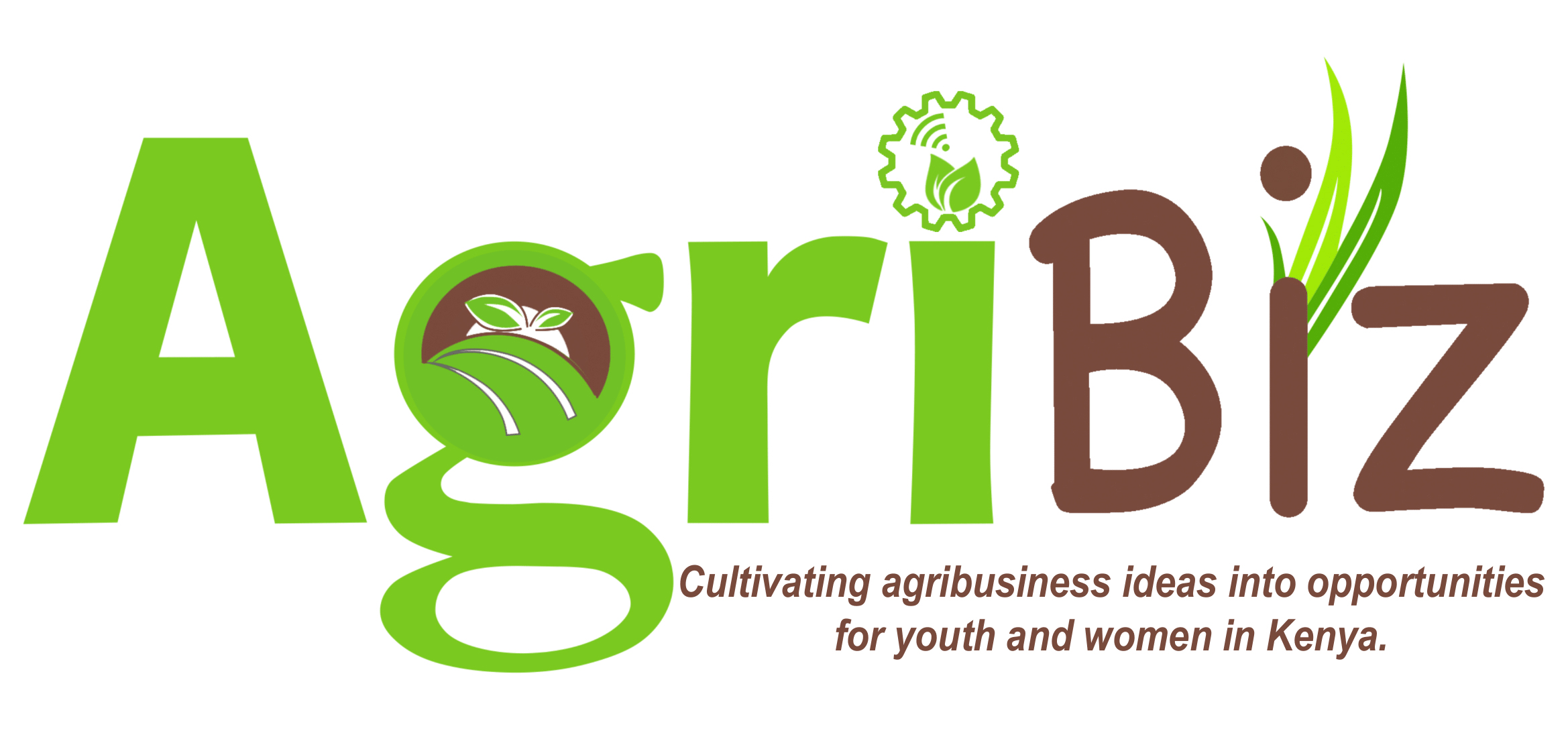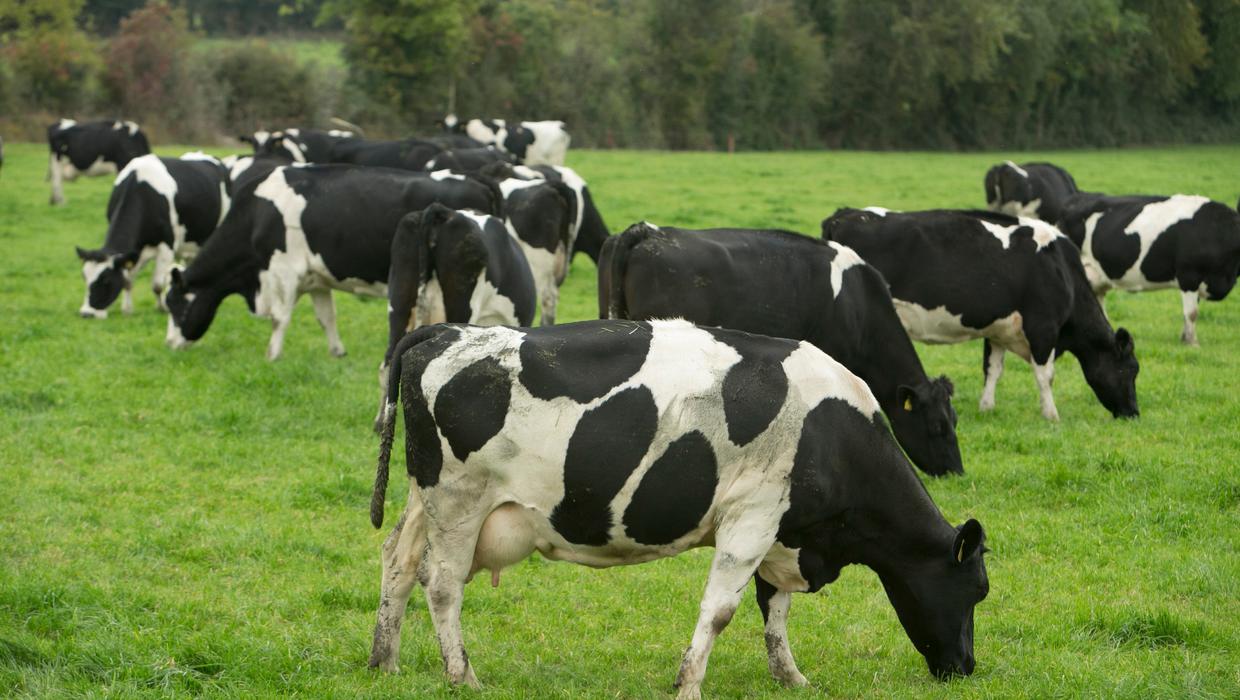Dairy farming is one of the largest subsectors in Kenya and still offers significant opportunities to increase farmers’ income through its various value chains. It in fact remains a priority income-generating enterprise in more than 15 of the 47 counties in Kenya due to its potential to transform the economic well-being of the households involved in it.
Taking advantage of this profitable venture is Ronald Manyanga through his enterprise Wefahson Limited to help smallholder dairy farmers get value for their milk. Founded in 2017, the enterprise has contracted over 50 smallholder farmers to help pool resources along the dairy value chain.
“Our main objective is to ensure farmers get value for their produce. Being the major actors, they perform many functions starting from dairy cow selection, providing feeds, building shelter up to milking. We come in and collect the milk at a fee, then add value by changing the raw milk into yoghurt,” says Ronald.
The value-added advantage of yoghurt processing has made Wefahson transform into a one-stop-shop and dairy hub for the people of Kisii and Nyamira. By using innovative technologies to minimize spoilage, the enterprise has had a high return on investment as well as better profits for the smallholder farmers.
Ronald further explains that through this agriBiz venture, they have been able to generate employment, provide income for framers, create wealth and improved nutrition.
“Dairy farming has proved to be a pathway out of poverty especially to farmers that I work with. Recently, I found out that processing as a lucrative agribusiness can complement well with other food processing enterprises. This is likely to attract private investment,” he adds.
Regardless of dairy farming being a good investment, agriprenuers like Ronald face a lot of uncertainty in the biophysical and economic environment they operate in; high production costs and efficiencies are just some of the challenges the company is facing.
“Our greatest challenge is reaching a wide geographical area. Due to unavailability of funds, I am unable to contract milk transporters on motorbikes to navigate through rural roads to reach more farmers,” he says.
He is hopeful that through the AgriBiz program funded by EU and Danida of which he is a beneficiary, he will be able to strengthen the cooperative’s capacity by training farmers on the best livestock practices, establish more dairy hubs and contract more milk supporters.





